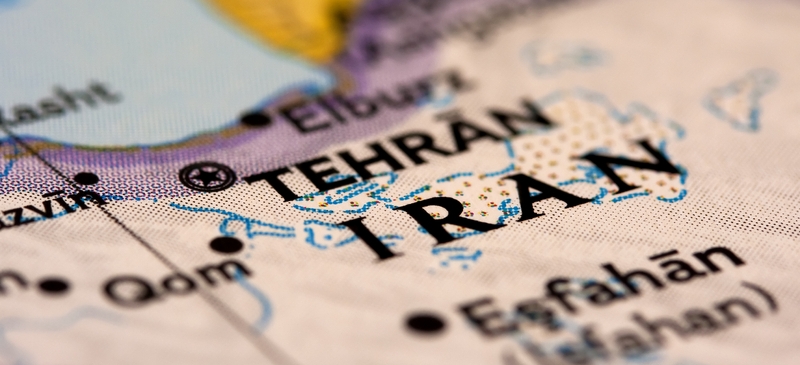
Judy Asks: Is an Iran deal good for Europe?
The short answer is “probably.” The longer answer is “probably, but it depends on the details of a final deal.”
It is important to be realistic. There is no deal yet on Iran’s nuclear program; there is an understanding on the parameters of an agreement. Some very tricky issues remain, and as the negotiators have repeatedly said, nothing is agreed until everything is agreed.
Outstanding issues include, among others, the pace of sanctions relief and whether (and how) sanctions should be automatically reinstated if Iran breaches an agreement. Particularly the latter question of a so-called snap-back will determine whether European firms dare to enter the Iranian market, which would be one of the deal’s economic prizes. One only has to follow US. Congressional politics to understand that the whole agreement could still unravel.
But here is the good news. The preliminary deal reached on April 2 is Federica Mogherini’s first major diplomatic breakthrough as the EU’s foreign policy high representative. It gives her, and the EU, some much-needed credibility.
The framework agreement also benefits Europe’s economy. Oil prices have dropped in anticipation of increased Iranian oil exports, giving weak eurozone economies some breathing space.
Finally, the current agreement could bring a comprehensive deal closer. This will not turn Iran into Europe’s ally, but it may avoid a war.
Rem Korteweg is a senior research fellow at the Centre for European Reform.
